In the Lancang-Mekong River Basin, some rural areas in countries such as Cambodia, Laos and Myanmar are seriously short of water supply facilities, with prominent problems in engineering and quality water shortage.
How does the Chinese team introduce "sweet springs" to rural people of the Lancang-Mekong River Basin? The correspondent has visited China Institute of Water Resources and Hydropower Research recently, to listen to the stories told by the members of the technical team of the Lancang-Mekong Sweet Spring Project.
According to the introduction made by experts, the water supply infrastructure in rural areas of all the other countries of the six countries of the Lancang-Mekong River Basin except for China is very weak. Although with abundant water resources, there are problems of uneven distribution in time and space.
In order to assist the countries of the Lancang-Mekong River Basin in improving the current situation of engineering water shortage, the Lancang-Mekong Sweet Spring Project was launched at the beginning of 2020, which is divided into two stages. The first stage runs from 2020 to 2022, and the second one runs from 2023 to 2026.
Up until 2023, the Chinese technical team had implemented more than 70 rural water supply demonstration projects in countries such as Laos, Cambodia and Myanmar, with the benefited population of nearly 10,000 rural people. According to Wu Xiaomei, Director of Rural Water Supply and Drainage Research Office of China Institute of Water Resources and Hydropower Research, the drinking water sanitation standard of rural people in those countries has been significantly improved, and lots of local people expressed their sincere gratitude for the projects.
The Lancang-Mekong Sweet Spring Project means more than that. According to Wu Xiaomei, as a participant in the project, it was the first time for her to feel the close relationship among countries of the Lancang-Mekong River Basin. In the future, as water resource technicians, they will continue actively participating in the Lancang-Mekong Cooperation.
(Reported by Wang Shibo, Rang Baokui; Edited by Jiang Lu)








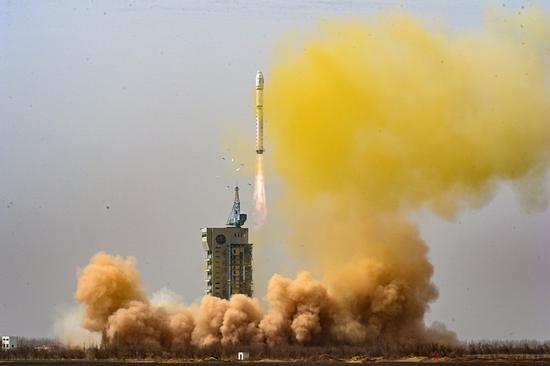
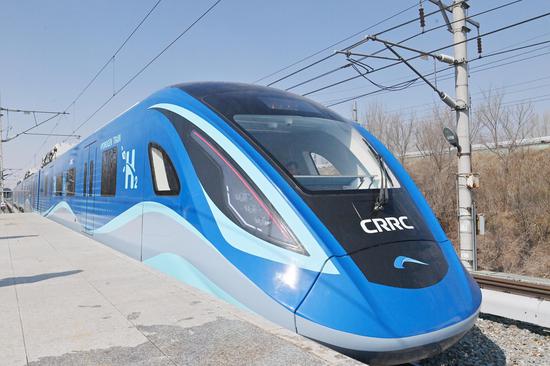
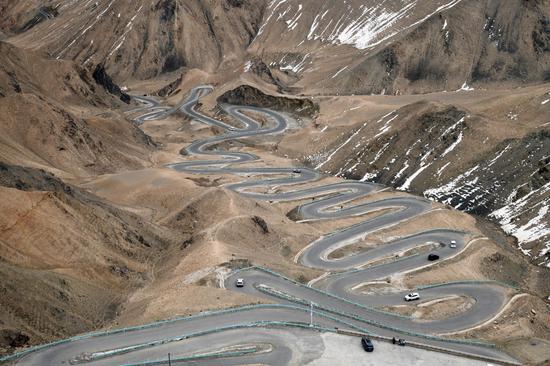

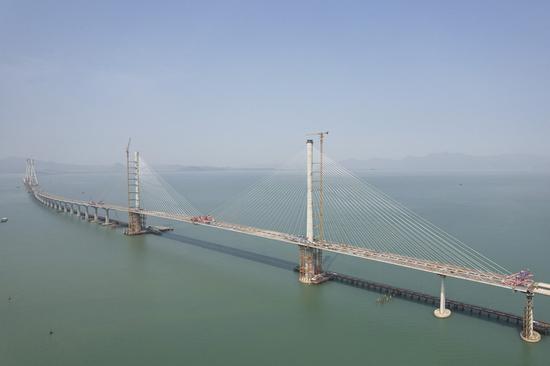
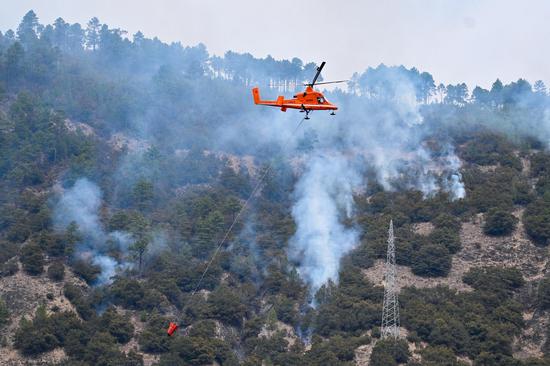
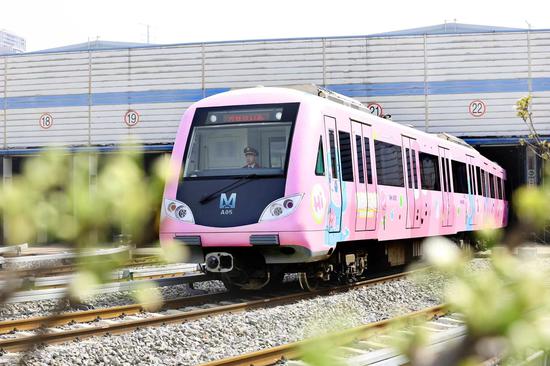

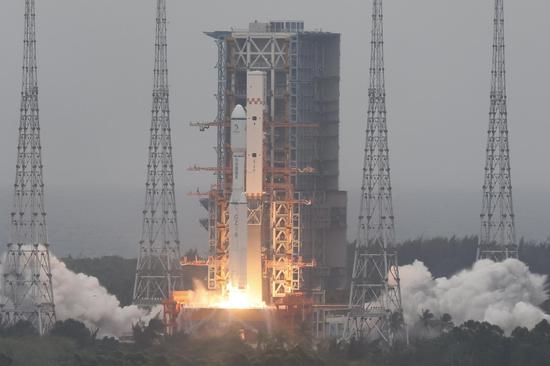


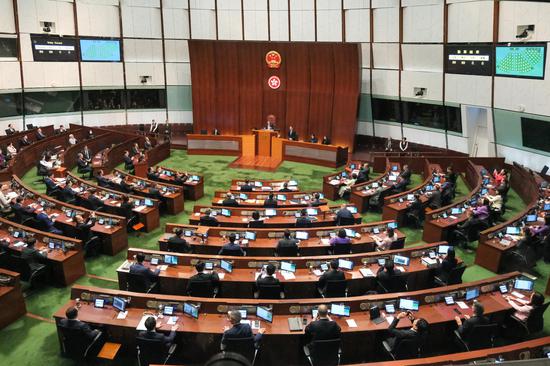

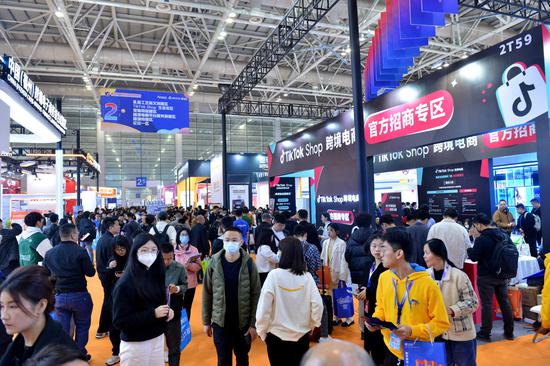
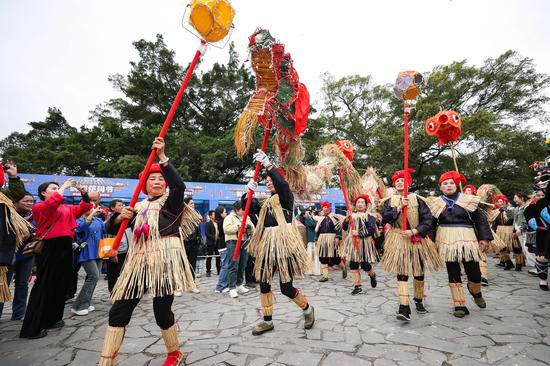


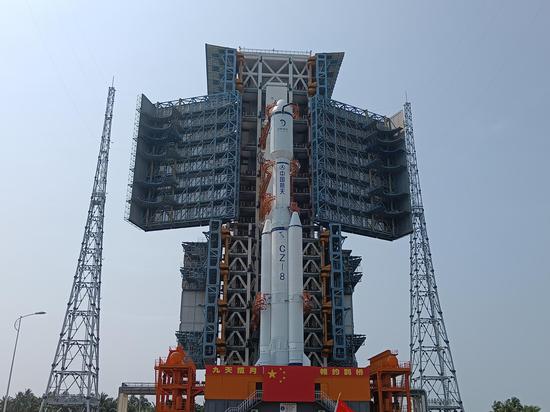


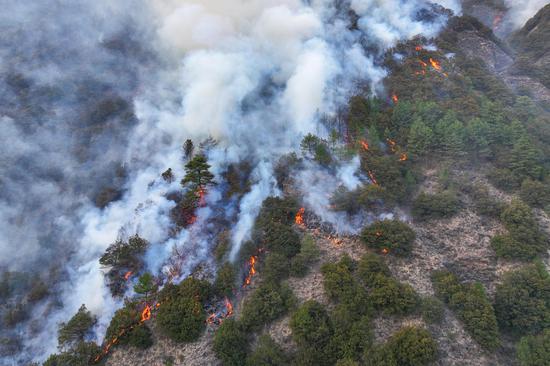


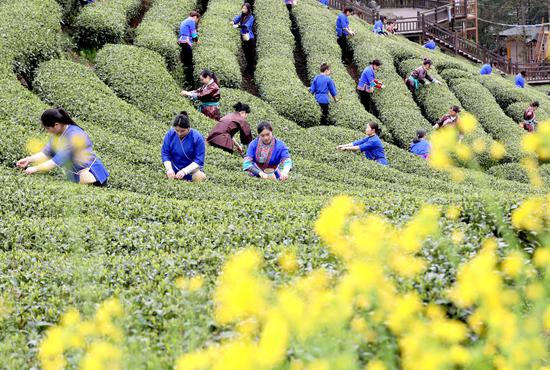
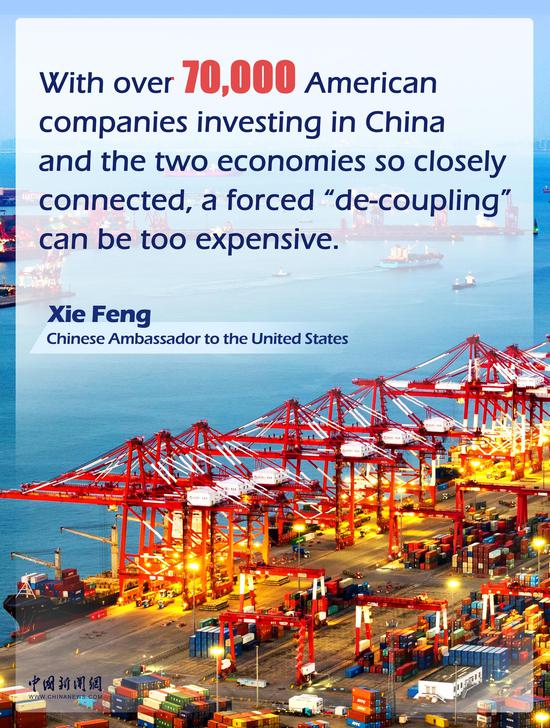
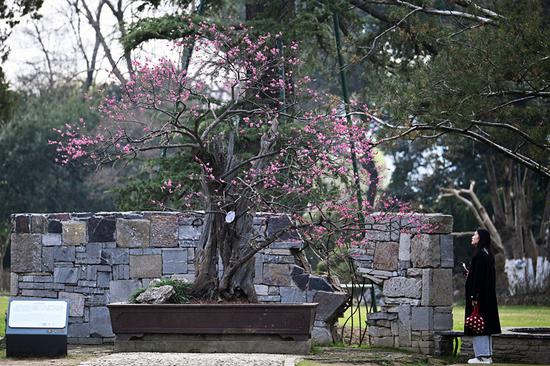


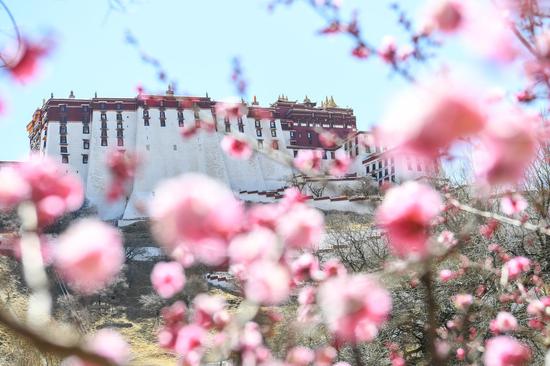



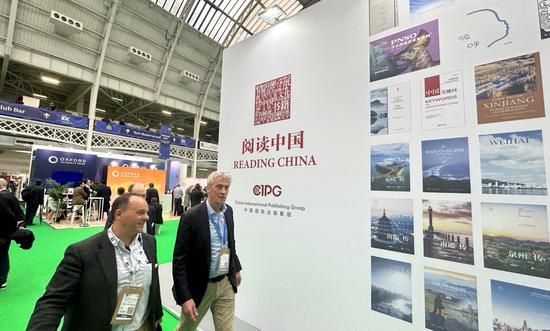


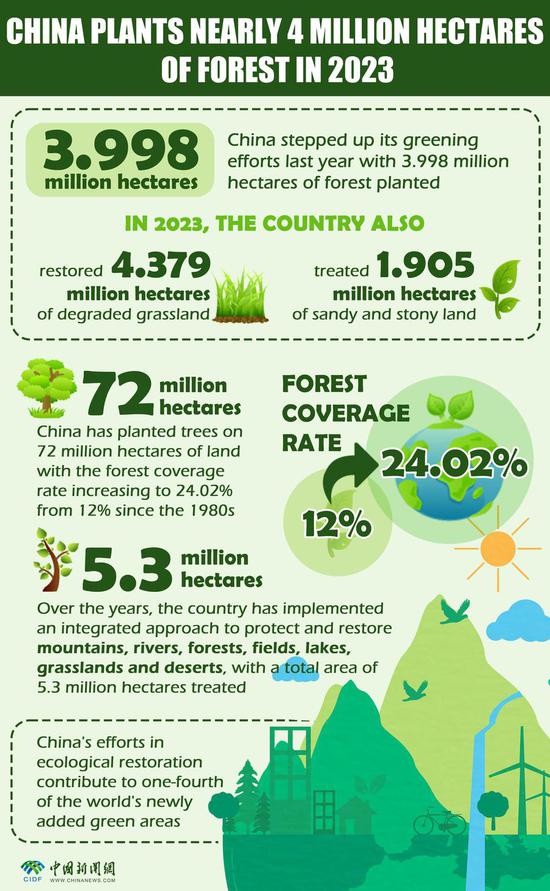
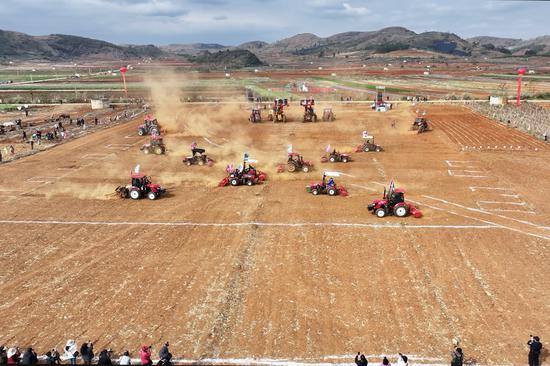





 京公网安备 11010202009201号
京公网安备 11010202009201号